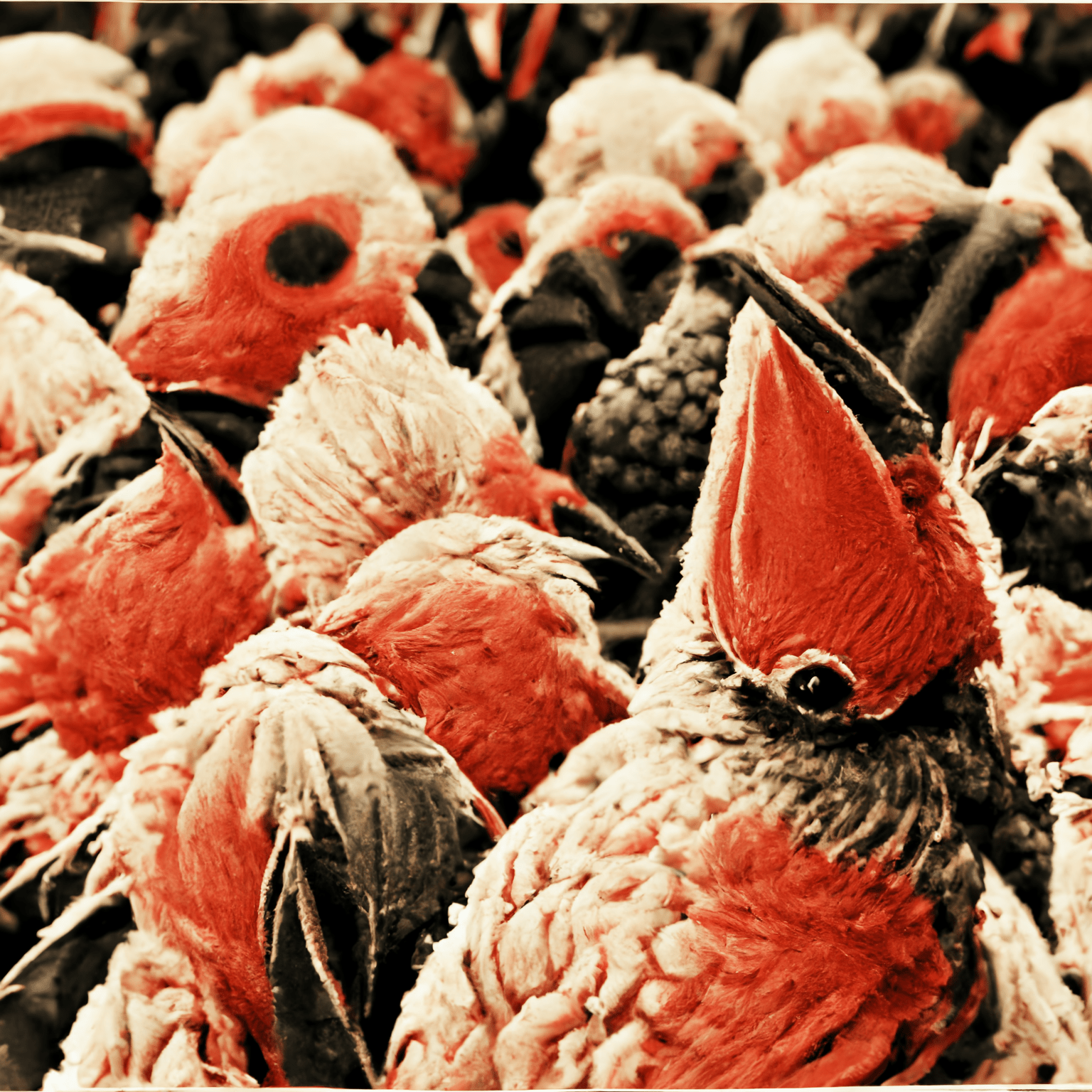In the 1950s, Colin Cherry, a British cognitive scientist, identified the cocktail party effect. Cherry was curious as to why people focused on certain things. After investigating the dynamics of a noisy environment, he made an intriguing discovery. Overlapping talks are divided by our brain into distinct hearing streams. It can then choose to disregard irrelevant information.
Applying the Cocktail Party Effect, Accenture recently discovered the personalization strategies that directly influence consumer purchasing decisions:
- My Name: 56 percent of customers would rather make a purchase from a business that knows their name.
- My History: 65 percent of customers prefer to shop at a store that is “aware of their buying history.”
- What I Desire: 58 percent of buyers say they would rather make a purchase from a merchant who makes suggestions based on their prior purchases.
